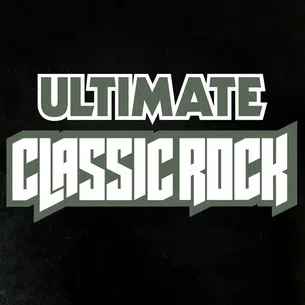By Steve Holland and Elizabeth Pineau
WASHINGTON (Reuters) – Two of President Donald Trump’s top national security aides plan to hold talks in Paris with French President Emmanuel Macron on Thursday as the United States and Europe search for common ground on ending the Ukraine war and averting an Iran conflict.
The two advisers, Secretary of State Marco Rubio and special envoy Steve Witkoff, are expected to hear European concerns about Russia amid U.S. attempts to arrange an elusive ceasefire in Ukraine three years after Russia invaded its neighbor.
Trump’s frustration with Russia and Ukraine over the ongoing bloodshed between them has been growing and he has been threatening military action against Iranian nuclear facilities.
European leaders have grown more concerned as Trump has made diplomatic gestures to Russian President Vladimir Putin and applied pressure on Ukraine President Volodymyr Zelenskiy.
“I’m just trying to get it stopped so that we can save a lot of lives,” Trump told reporters on Sunday.
Polish Foreign Minister Radoslaw Sikorski said on Monday he hoped Trump and his administration would see that Putin was “mocking their goodwill” following Moscow’s deadly missile strike on the Ukrainian city of Sumy.
Besides Macron, the French foreign ministry said Rubio will also meet his French counterpart Jean-Noel Barrot to discuss Ukraine, prospects for a new Iran nuclear deal and the Middle East.
Witkoff plans to fly on to Rome for a second round of discussions on Saturday with Iranian foreign minister Abbas Araghchi about Iran’s nuclear program. They met for 45 minutes last Saturday in Oman.
Both sides described last weekend’s talks as positive while acknowledging that any potential deal remains distant.
Trump said on Monday he was willing to bomb Iran’s nuclear facilities if a deal was not reached.
On Tuesday, he held a meeting with top national security advisers at the White House focused on Iran’s nuclear program, according to sources familiar with the encounter.
The United States had not told European countries about the nuclear talks in Oman before Trump announced them, even though they hold a key card on the possible reimposition of U.N. sanctions on Tehran. Thursday’s talks will be a key opportunity for potential coordination between U.S. and Europe.
Trump has restored a “maximum pressure” campaign on Tehran since February, after the U.S. leader ditched a 2015 nuclear pact between Iran and six world powers during his first term and reimposed crippling sanctions on the Islamic Republic.
Trump said on Monday he believes Iran is intentionally delaying a nuclear deal with the United States and that it must abandon any drive for a nuclear weapon or face a possible military strike on Tehran’s atomic facilities.
“I think they’re tapping us along,” Trump told reporters.
(Reporting By Steve Holland and Elizabeth Pineau; Editing by Humeyra Pamuk and Tom Hogue)









Comments